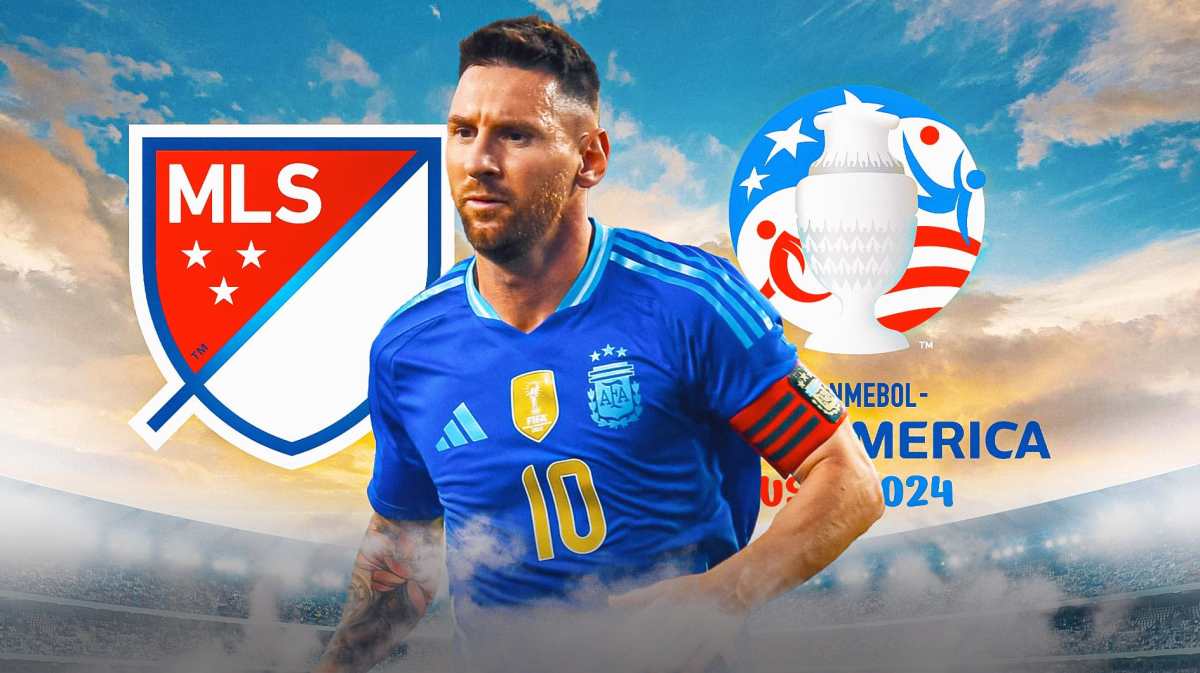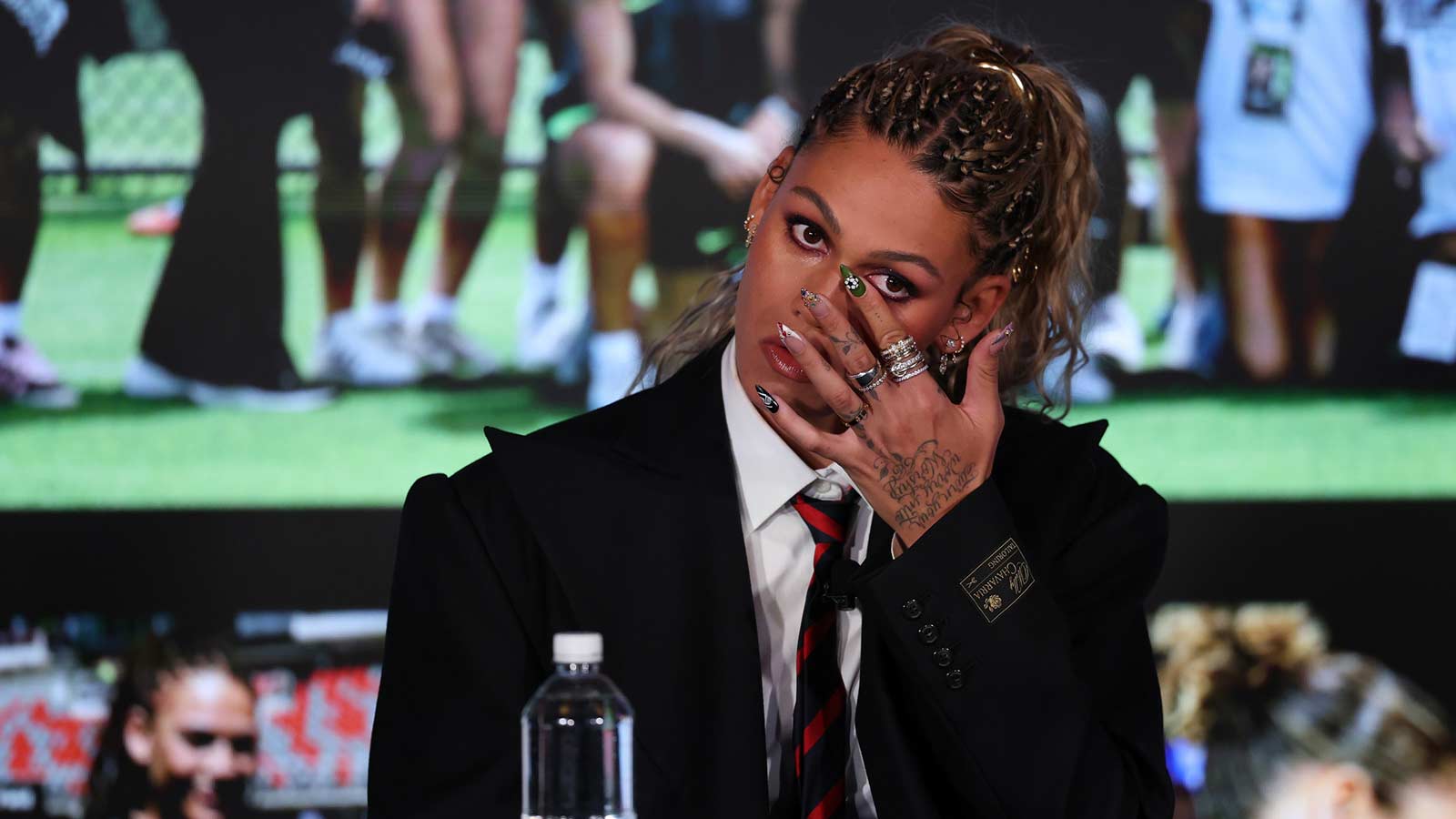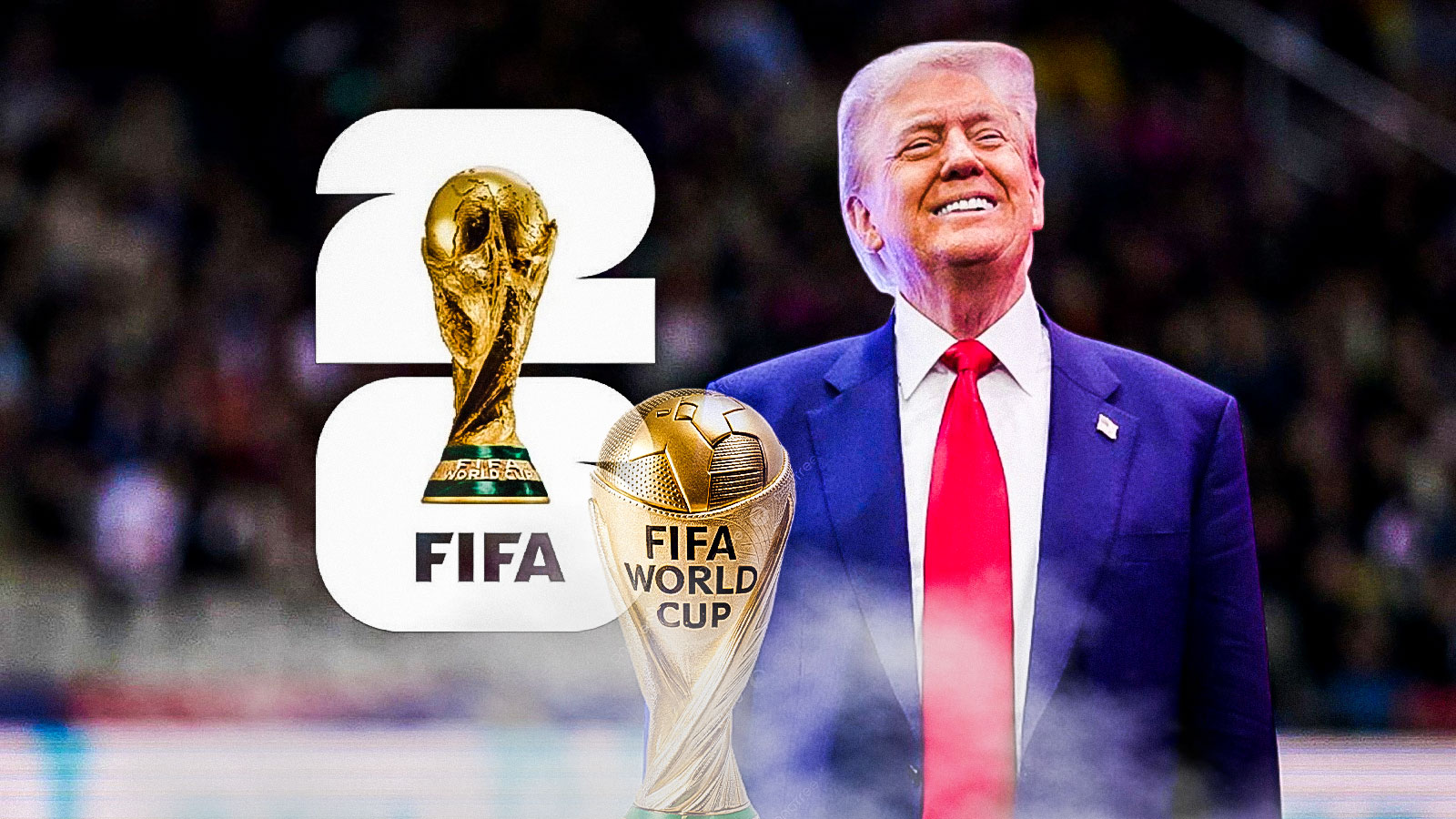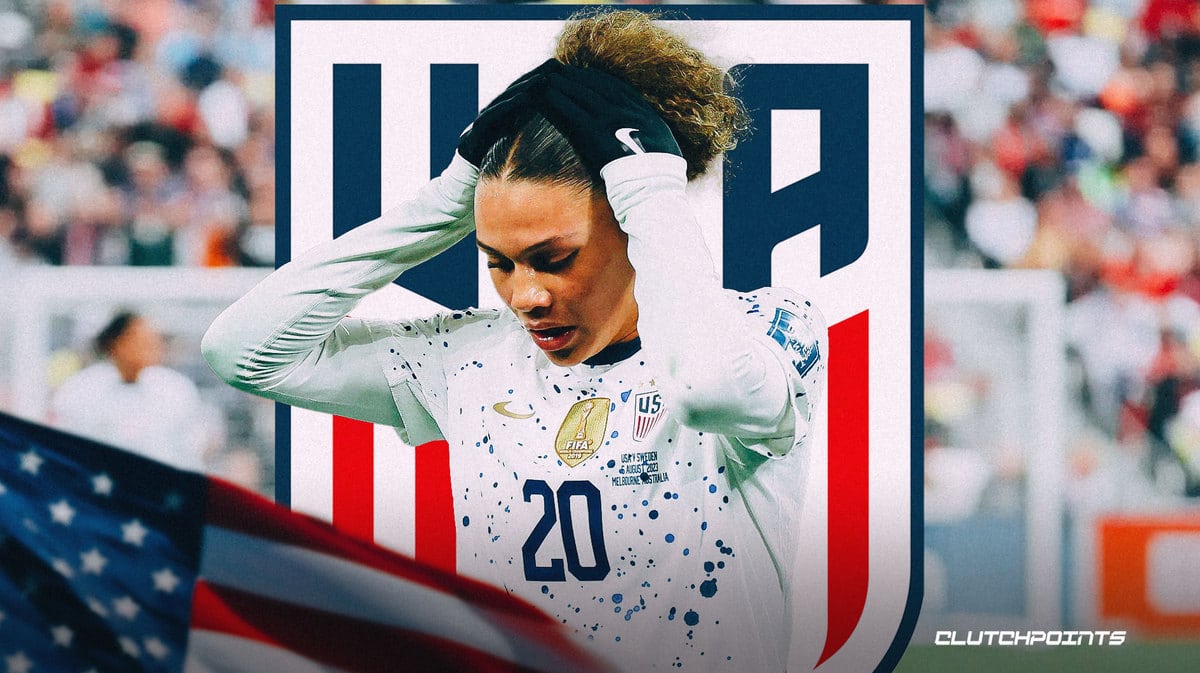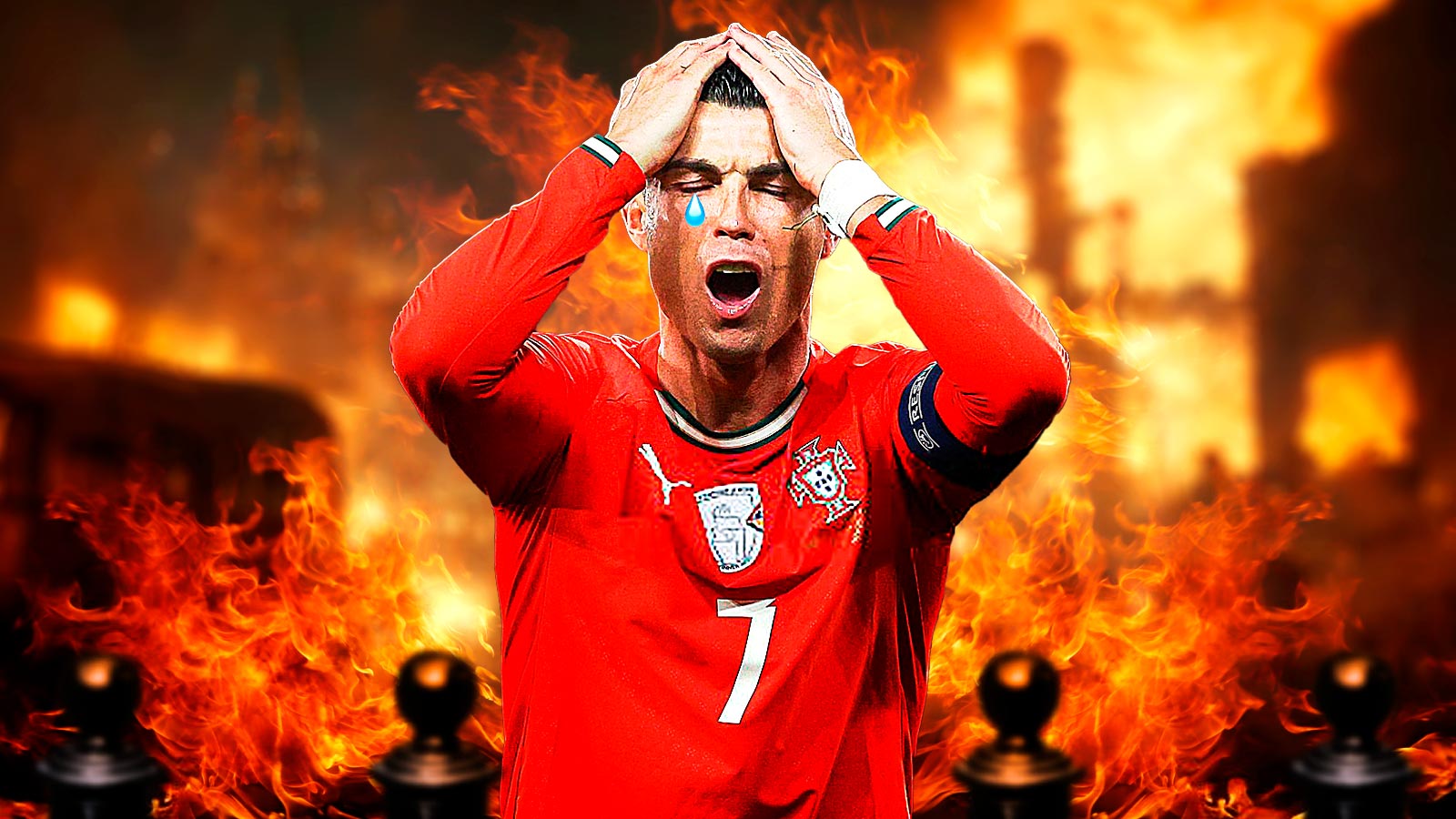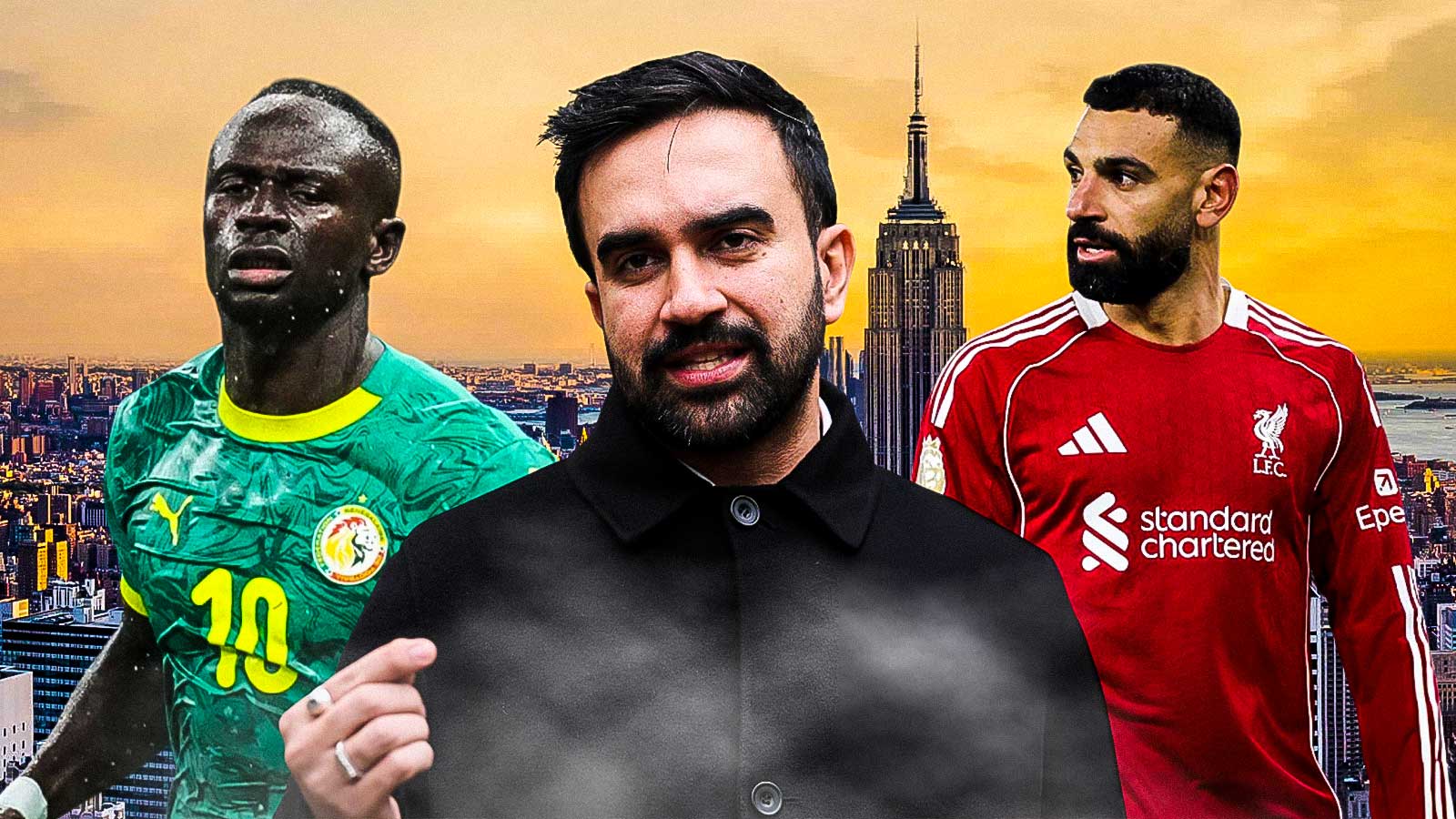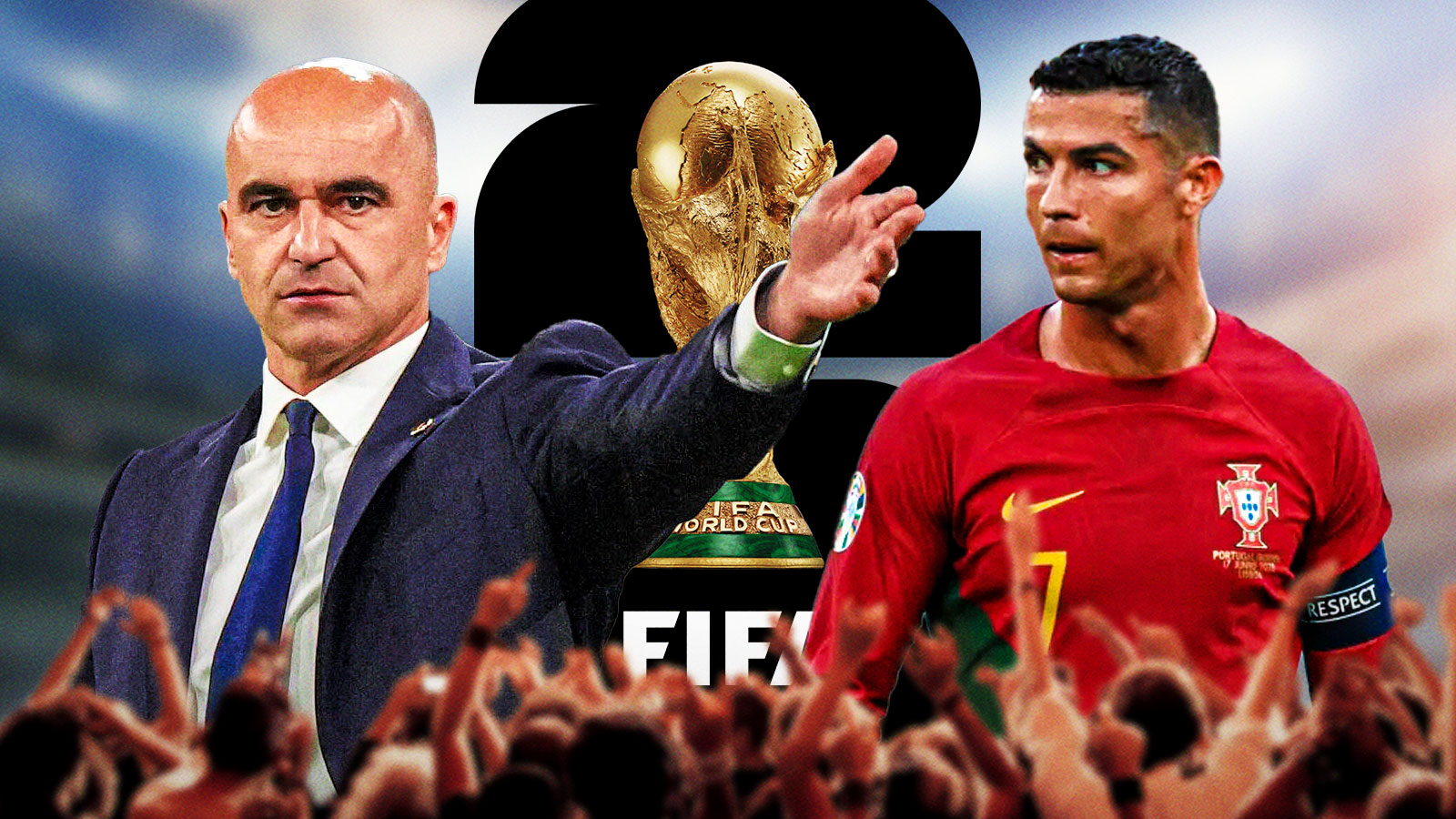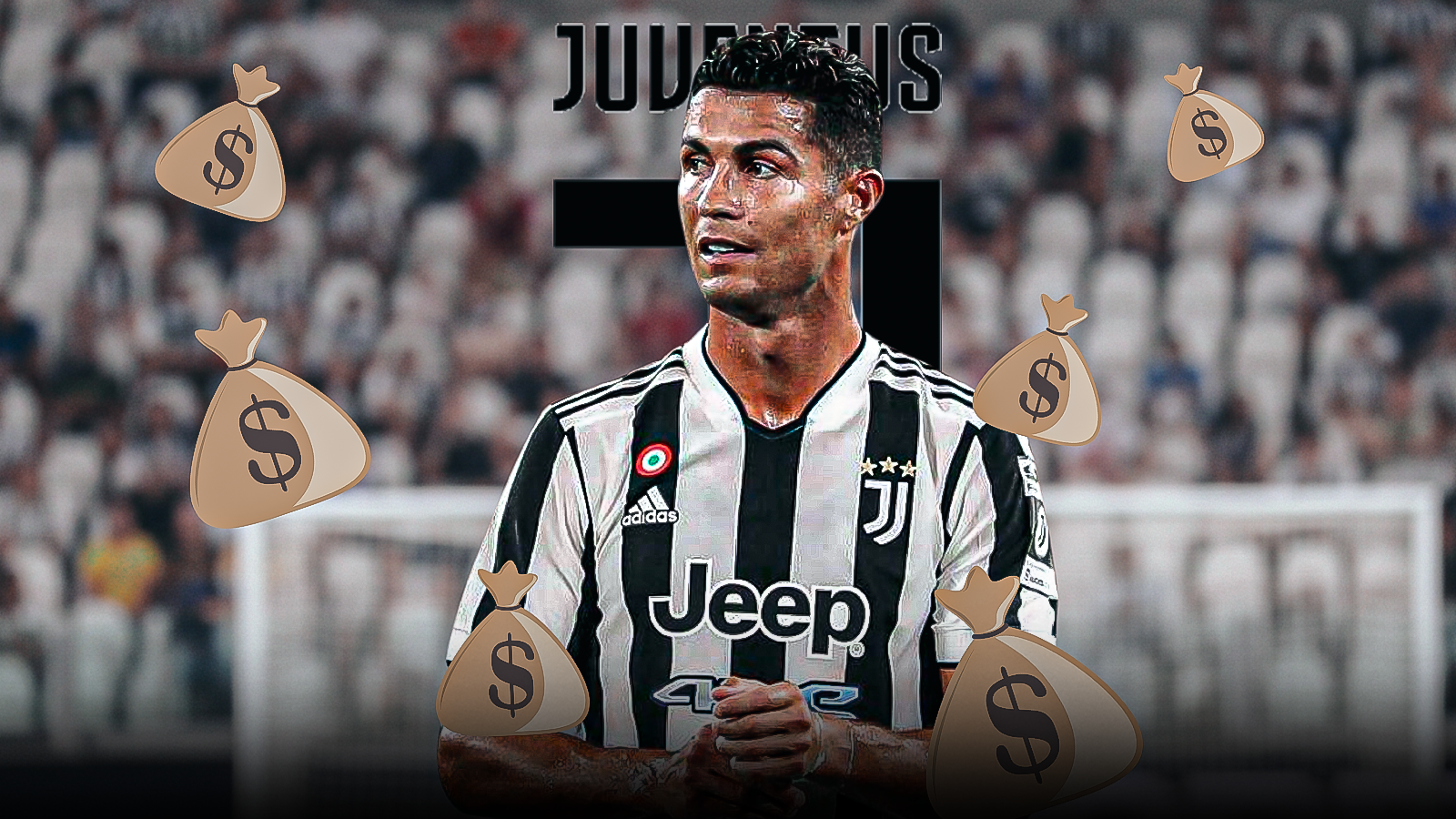When Lionel Messi was unveiled at DRV PNK Stadium, it marked a pivotal moment for Major League Soccer (MLS). The league, which began with David Beckham's arrival in 2007, had seen its share of international stars, but none with the global stature of Messi. His presence promised skill on the field and a significant boost in credibility and fan interest.
Impact of European legends
Over the years, MLS has attracted several European football legends past their prime. These players, from David Beckham to Thierry Henry, brought star power and visibility to the league. However, critics often labeled MLS as a “retirement league,” questioning the level of competition compared to its European counterparts. Despite this, MLS has steadily grown, nurturing homegrown talent and expanding its appeal.
David Beckham, in particular, set a precedent when he joined LA Galaxy. His move was not solely based on the league's quality but also on the opportunity to expand his brand and personal pursuits. Despite initial skepticism, Beckham's impact was undeniable, drawing attention from celebrities and media alike. Subsequent European stars like Thierry Henry, Frank Lampard, and Zlatan Ibrahimovic followed, each adding their flair and contributing to MLS's growing popularity.
Lionel Messi's arrival at Inter Miami FC represented a new chapter for MLS. Unlike previous stars, Messi joined the league at the peak of his career, bringing unmatched skill and worldwide recognition. His impact on and off the pitch has been profound, driving jersey sales, boosting TV ratings, and elevating the league's profile globally.
Messi's transition to MLS wasn't without challenges. Initially hampered by injuries and adapting to a new team, he has since found his stride. With impressive performances, including 12 goals and ten assists in 10 games, Messi has showcased his enduring talent and leadership in Miami's quest for success. His ability to attract sell-out crowds and generate excitement underscores his status as a transformative figure in American soccer.
Copa America and MLS's stake
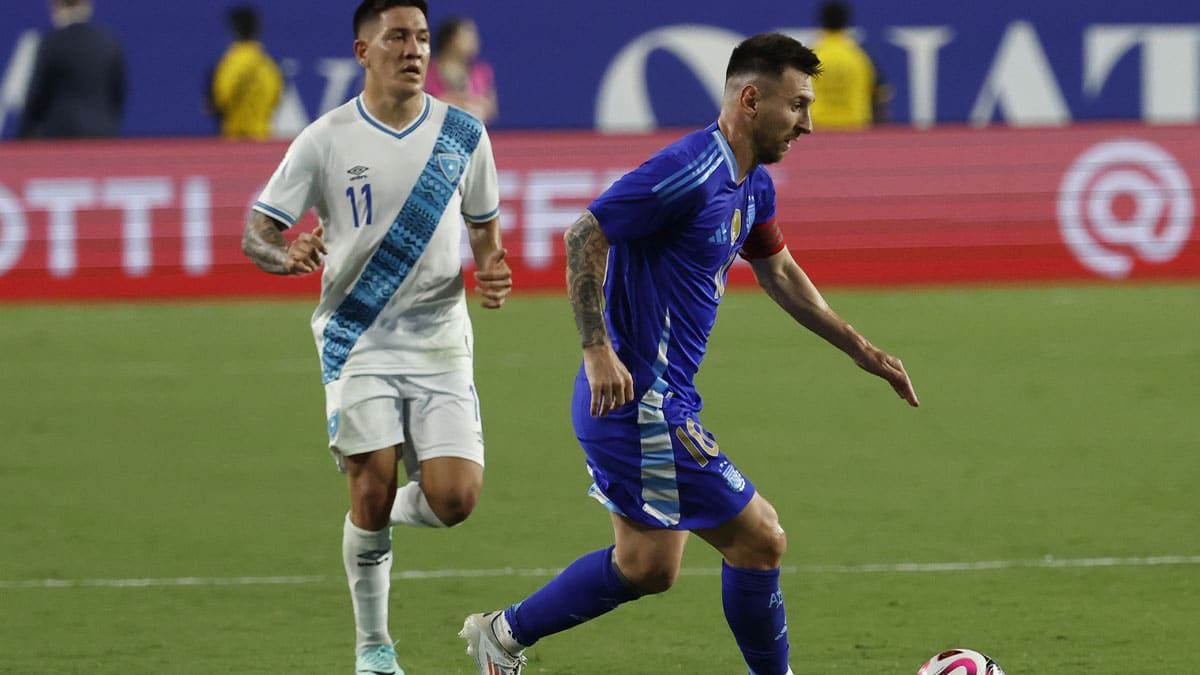
As Messi gears up for Copa America, where he represents Argentina, the spotlight intensifies on MLS. His performance in the tournament will not only determine Argentina's fate but also influence perceptions of MLS's competitiveness. If Messi succeeds, it will validate MLS as a viable destination for top-tier talent. Conversely, a stumble could reinforce doubts about the league's stature.
The tournament's outcome holds significant implications for MLS. A triumphant Messi would bolster the league's reputation, demonstrating its ability to attract and challenge elite players. On the other hand, shortcomings could perpetuate stereotypes of MLS as a secondary option for football stars.
Beyond statistical achievements, Messi's presence has reshaped MLS's narrative. His endorsement deals and global appeal have attracted new sponsors and increased revenue streams for the league. Brands eager to align with Messi's image have capitalized on his popularity, further enhancing the commercial viability.
Moreover, Messi's commitment to community engagement and youth development initiatives has endeared him to American fans. His influence extends beyond match days, inspiring young players and fostering a culture of excellence within MLS clubs. Messi's involvement in charitable endeavors underscores his dedication to leaving a lasting legacy in American soccer.
Challenges and opportunities
While Messi's arrival has elevated MLS's status, challenges remain in sustaining its growth trajectory. The league must continue to invest in infrastructure, youth academies, and scouting networks to cultivate local talent and compete globally. Improving stadium facilities and enhancing the fan experience are crucial to retaining and attracting new supporters.
MLS franchises have embraced the opportunity to build competitive rosters, with clubs like Atlanta United and LAFC setting high standards on and off the field. These teams have combined star power with strategic recruitment, fostering intense rivalries and captivating fan bases nationwide. Smaller markets such as Columbus and Cincinnati have also made strides, demonstrating MLS's geographic diversity and broad appeal.
Regardless of Copa America's result, Messi's tenure in MLS has already made an indelible mark. His presence has highlighted the league's strengths and catalyzed its growth trajectory. Whether he lifts the Copa America trophy or faces setbacks, Messi's journey in MLS underscores the league's evolution and pursuit of global recognition.
Messi's partnership with MLS signifies a pivotal moment in the league's history. His impact transcends statistics, reshaping perceptions and reaffirming MLS's ambition to compete at the highest levels of football. MLS anxiously watches as Messi navigates Copa America, knowing his success could redefine its place in football. The trophies will measure the legacy of Messi's tenure in MLS, the enduring impact on American soccer, and the league's trajectory toward sustained excellence.
Watch Messi live. Every club, every match, including playoffs. Subscribe now to MLS Season Pass!

